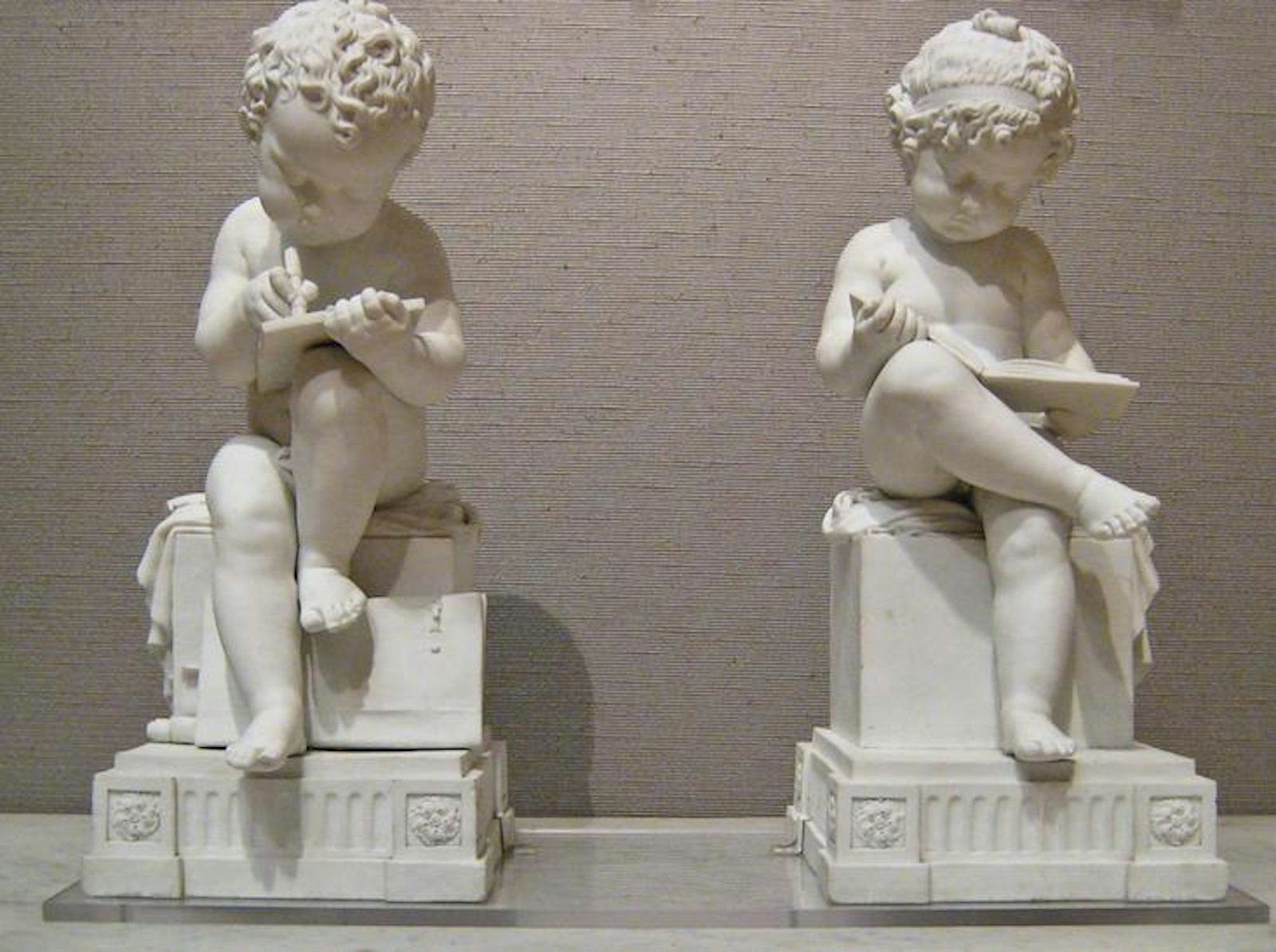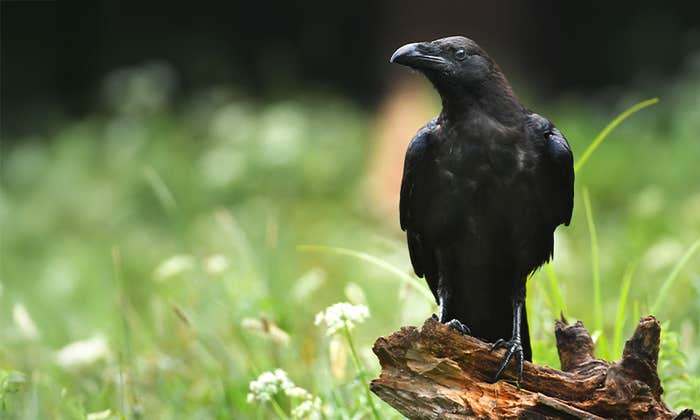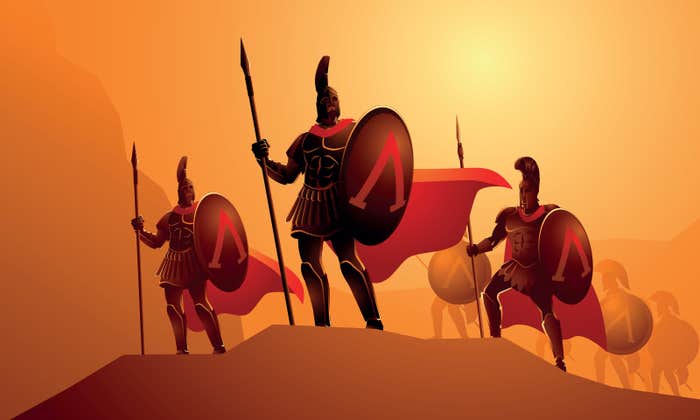
During my career as a scientist and a philosopher I have written and edited, thus far, 14 books. Of these, seven are for the general public. Of those, only one (my very first one, as it turns out) was for children. The same picture emerges if one looks at the lifetime production of major science (and philosophy) popularizers, from Richard Dawkins to Stephen Jay Gould in biology, Brian Greene to Janna Levin in physics, Nigel Warburton to Rebecca Newberger Goldstein in philosophy.
You might think aiming at a youthful demographic would be more appealing. Those early years, when curiosity runs high, are intellectually formative—it’s when we, my fellow educators, can hook young minds onto what philosophers call the scientific “image” of the world. Voltaire mischievously attributed to the founder of the Society of Jesus, Ignatius of Loyola, the saying, “Give me the child for the first seven years and I will give you the man.” Voltaire was probably worried about the Church brainwashing the next generation (“Écrasez l’Infâme!”—“crush the infamous”—as he used to sign his letters). But Loyola had a point, if he ever uttered those words. The ancient Greco-Romans talked about “the age of reason,” the period around the age of seven when children begin to use their rational faculties, which they saw as crucial to the moral formation of an individual, an idea that modern developmental psychology supports.
For this reason, I take it as obvious that we should write science and philosophy books for children and teenagers. The issue is not to turn every kid into a future scientist. Despite all the hype about getting into STEM fields in college, our society doesn’t need millions of new PhDs in physics and biology every generation. But it does need citizens who are scientifically literate. This doesn’t just mean knowing the second law of thermodynamics—an isolated system’s entropy will increase over time—among other basic facts (though they certainly don’t hurt)! It means, more importantly, that they have developed a healthy respect for the scientific enterprise and are able to be properly critical of it when necessary.
This isn’t to say that science books for children aren’t out there. An Amazon search for “evolution,” for instance, presents the following raw data: 29,840 titles under “biology” (which, to be fair, includes textbooks), but only 184 under “children & biology.” The category doesn’t even show up in conjunction with “teen & young adults,” likely indicating an even lower number of offerings. “Physics” returns 208,917 entries, only 604 of which are in the sub-category “science for kids.” These numbers certainly don’t represent a systematic sociological study of the issue, but one is sorely needed (a Google Scholar search didn’t turn up much).
It is very difficult to change the mindset of adult human beings, fraught as we are with all sorts of cognitive biases that entrench our pre-existing beliefs, inoculating them from any challenging argument or inconvenient truth. The result is an adult population, for instance in the United States, where 42 percent of responders to a survey from the National Science Foundation say astrology is “sort of” or “very” scientific. The numbers were the worst for the youngest section of the surveyed population (18-24 years old)—58 percent of them thought astrology had some merit, since they didn’t choose to describe it as “not at all scientific.” Moreover, Gallup found that three out of every four Americans believe in the paranormal. Formal education, especially college, can’t be the only answer to the problem. While it is true that the percentage of people who believe that astrology is “sort of” scientific goes down from 37 percent to 20 percent if we compare people without a high school diploma with those holding a Bachelor’s degree, 20 percent is still high.
Universities are inhabited by a bunch of intellectual snobs.
So why is it that many science and philosophy popularizers—including yours truly—don’t make more of an effort to imitate the alleged counsel of Ignatius of Loyola? Again, I don’t have a technical study to draw from, but I can tell you about my personal experience: Writing well for children is really difficult. Take my first and so far only experience, back in 1986. It was a book of evolutionary biology for kids 8-12 years old, titled Il Romanzo della Vita (The Romance of Life). The editor, at the Italian publisher Mondadori, looked at my submission and said: “Massimo, this is very good—if you were writing for adults with a good general education. But you are writing for kids. Go back and do it again.” It took a lot of thinking to get the second version ready, and it was hard work, precisely because I don’t think like a child (at least not anymore), and it is difficult for me to even remember what it was like to be one. Maybe this partly explains why there’s a relative dearth of children’s books in science and philosophy.
A second reason is, frankly, the lack of incentives, indeed the presence of strong disincentives, for academic writers. Universities are inhabited by a bunch of intellectual snobs. I know a number of people who refuse to teach introductory courses because they think these are below their dignity, and strongly prefer to teach graduate students over undergraduates. Writing for the public? Forget it. The prevalent myth is still that if you do that, you must not be a good enough scholar—evidence to the contrary be damned. Writing for children? Even worse. That probably means you don’t even know how to write for adults!
This is, of course, complete nonsense. But prestige is what gets you promotions, tenure, research grants, and, of course, an ego boost—much needed in a profession where the majority of your stuff gets rejected at least once, often with accompanying (usually anonymous) vitriolic commentary by a reviewer. You are not going to give up that hard-earned prestige, assuming you have any, just because you think writing for kids may be the single most effective contribution to humanity you may be able to make.
To be fair, this sort of upside-down priority reflects the attitude of society at large. Politicians and the public generally pride themselves in championing a concern for children, but elementary and middle school teachers are badly paid, badly trained, and considered the lowest in rank in a profession already mistrusted by much of the public. (I’m sure you know the joke about the fact that the people who can, do, and those who can’t, teach.). If we, as a society, were serious about our children, then children’s education—especially for those beginning “the age of reason”—would be our highest priority. The teachers of those children would be lionized like movie stars and athletes, and paid handsomely for their crucial work. But that’s a world we’ll likely never live in.
Unfortunately, I don’t have a general solution to the problem, but I’m working on putting my money (well, really, my time and effort) where my mouth is. I’m co-authoring a graphic novel-style book on the practical philosophy of Stoicism with a friend who is an excellent graphic artist. I can tell you right now it’s exciting, but also very slow going. It helps that my co-author has a small child. He is witnessing the sort of situations we are thinking of exposing our characters to, like bullying, or failing a test, or not being the popular kid on the block. Maybe each of our imaginary kids will interact with one of the major Stoics, who become sort of their personal mentors and guides to the difficult life of a middle schooler. Fate permitting, as the Stoics say, it will work.
What can you do to help? Buy good science and philosophy books for your child, or for a child you know. That’s how my grandfather nurtured my budding interest in astronomy first and biology later. We would take a regular walk to his favorite bookstore in downtown Rome, where I would be allowed to range freely and to come out with at least one new book that piqued my curiosity. Oh, and be kind to any teacher you know, regardless of the grade they teach. But especially the first eight.
Massimo Pigliucci is the K.D. Irani Professor of Philosophy at the City College of New York. He works on evolutionary theory and the nature of pseudoscience. His new book (not for children, unfortunately) is How to Be a Stoic: Using Ancient Philosophy to Live a Modern Life. Massimo blogs at platofootnote.org.
WATCH: Robbert Dijkgraaf, the director of the Institute for Advanced Study at Princeton, on how he got excited about science as a child.































